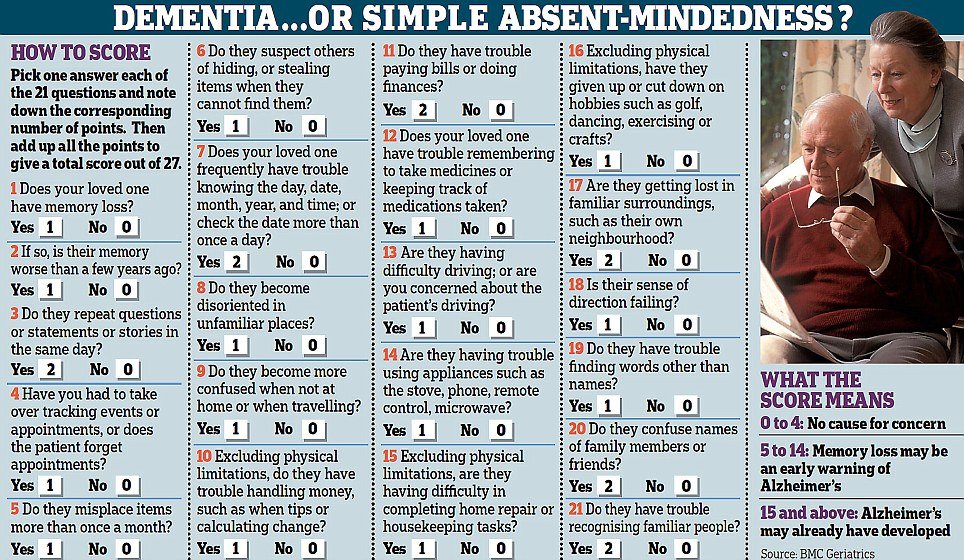Mediterranean diet lowers risk of Alzheimer’s and dementia
A new research by the University of Exeter’s Medical School in UK found that eating a Mediterranean diet is good for the mind.
Scientists say people who eat large quantities of fresh fruits and vegetables, nuts, fish and olive oil have a lower risk of age-related diseases such as dementia.
The research is the first systematic review of previous studies into the Mediterranean diet’s benefits to the brain.
It comes after research last month showed the same diet could help counteract a genetic risk of strokes.
The team, supported by the National Institute for Health Research Collaboration for Leadership in Applied Health Research and Care in the South West Peninsula, analyzed 12 eligible pieces of research, 11 observational studies and one randomized control trial.
In nine of the 12 studies, a higher adherence to a Mediterranean diet was associated with better cognitive function, lower rates of cognitive decline and a reduced risk of Alzheimer’s disease.
However, results for mild cognitive impairment – the stage before Alzheimer’s or dementia, when someone could be experiencing some cognitive difficulties – were inconsistent.
Lead researcher Iliana Lourida said: “Mediterranean food is both delicious and nutritious, and our systematic review shows it may help to protect the ageing brain by reducing the risk of dementia.
“While the link between adherence to a Mediterranean diet and dementia risk is not new, ours is the first study to systematically analyze all existing evidence.”
Dr. Iliana Lourida added: “Our review also highlights inconsistencies in the literature and the need for further research. In particular research is needed to clarify the association with mild cognitive impairment and vascular dementia.
“It is also important to note that while observational studies provide suggestive evidence we now need randomized, controlled trials to confirm whether or not adherence to a Mediterranean diet protects against dementia.”


